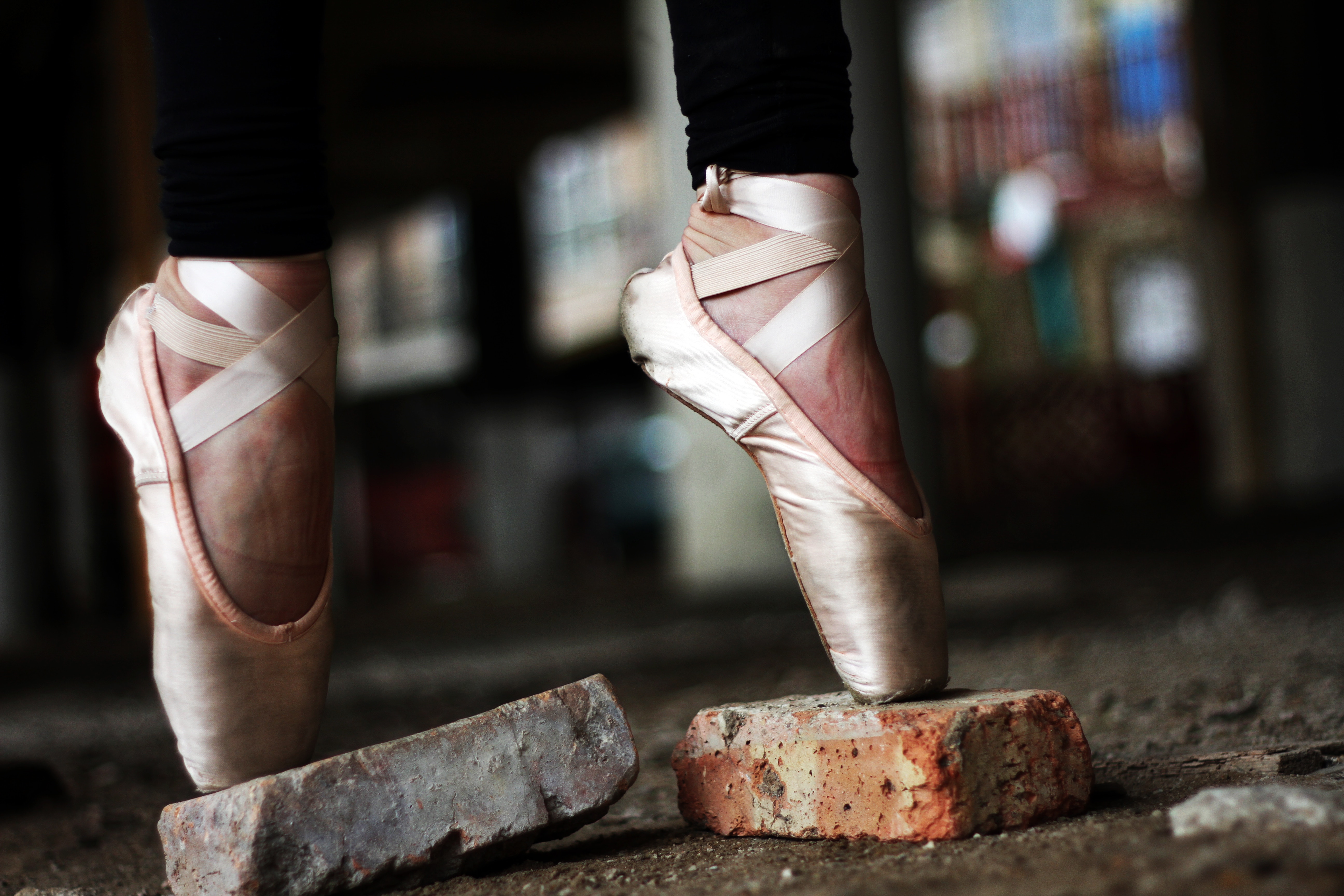Have you ever been engaged in an activity – perhaps playing a sport, cooking a meal, or writing a poem – and found yourself so swept up in the experience that everything else seemed to simply melt away? Your self-consciousness disappeared, your intrusive thoughts were no more, and the passage of time stood still in such a way that all that mattered was what you were doing in that moment. You may have heard this referred to as being “in the zone”, but Hungarian psychologist Mihaly Csikszentmihalyi prefers to call it “flow”.
Csikszentmihalyi is one of the founders of the positive psychology movement: a movement that delves into happiness and well-being through the lens of what makes life worth living. These concepts became important to him when he was imprisoned as a child during World War II. Despite the horrific conditions and the devastating loss of friends and family, Csikszentmihalyi found that playing chess allowed him to enter a different world where those things lost importance. When he was engaged in the game, he was part of a reality where he wasn’t haunted by the miseries of his current situation.

In order to determine when people experienced the most happiness, Csikszentmihalyi set about asking people in creative professions – artists, scientists – what compelled them to dedicate their lives to what they did without any expectation of money or success. He noticed a common thread in the way these creatives described what occurred when they were engaged in the work that they were passionate about: a loss of self and a temporary suspension of regular existence. He christened this state “flow”, and described it as the moment when your skill level is so perfectly matched with the challenge at hand that you surrender to the moment and time stands still for you.
Csikszentmihalyi was very interested in how this flow state contributes to well-being, and proposed that happiness itself is a flow state: rather than being fixed, it is within our control as we learn to achieve flow, and thus can be manifested through our committed efforts. Happiness comes from within ourselves, and as we learn to exercise control over our consciousness, external causes of pain and stress slowly lose importance.

Some elements that contribute to flow include:
- There are clear goals every step of the way.
- Distractions are excluded from consciousness.
- There is no worry of failure.
- Self-consciousness disappears.
- The activity becomes an end in itself.
Csikszentmihalyi professes that experiencing flow in our everyday lives is a key component to well-being. It sparks creativity, increases intrinsic motivation, and is an important aspect of eudaimonia, or self-actualization. Check out his TED talk below to learn more about the concept of flow.
Have you ever experienced flow? What were you doing, and how did it make you feel?
Thanks for reading!
Jocelyn
The views expressed in this blog are my own, and do not necessarily reflect the policies or views of the University of Victoria. I monitor posts and comments to ensure all content complies with the University of Victoria Guidelines on Blogging.

0 Comments